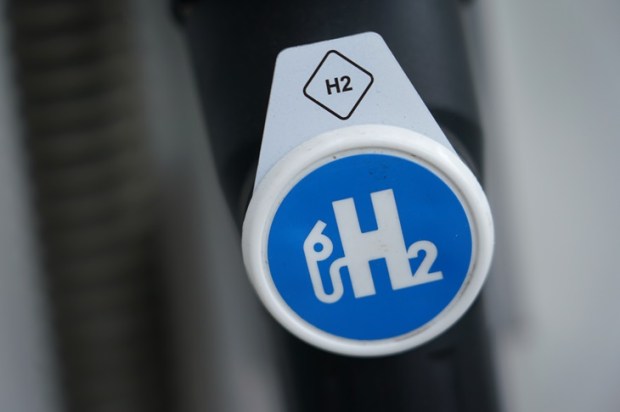Tuvalu was first settled by Samoans, Tongans, and other Pacific islanders about 700 years ago. The Spanish were the first Europeans to sight Tuvalu in the 16th Century and in the 19th Century, European whalers, traders, and missionaries settled Tuvalu. Blackbirders made sporadic visits. The British colonised the Gilbert and Ellice Islands in 1892 which were split into independent Polynesian nations in the mid-1970s comprising Kiribati (Gilbert Islands) and Tuvalu (Ellice Islands).
Already a subscriber? Log in
Subscribe for just $2 a week
Try a month of The Spectator Australia absolutely free and without commitment. Not only that but – if you choose to continue – you’ll pay just $2 a week for your first year.
- Unlimited access to spectator.com.au and app
- The weekly edition on the Spectator Australia app
- Spectator podcasts and newsletters
- Full access to spectator.co.uk


























Comments
Don't miss out
Join the conversation with other Spectator Australia readers. Subscribe to leave a comment.
SUBSCRIBEAlready a subscriber? Log in